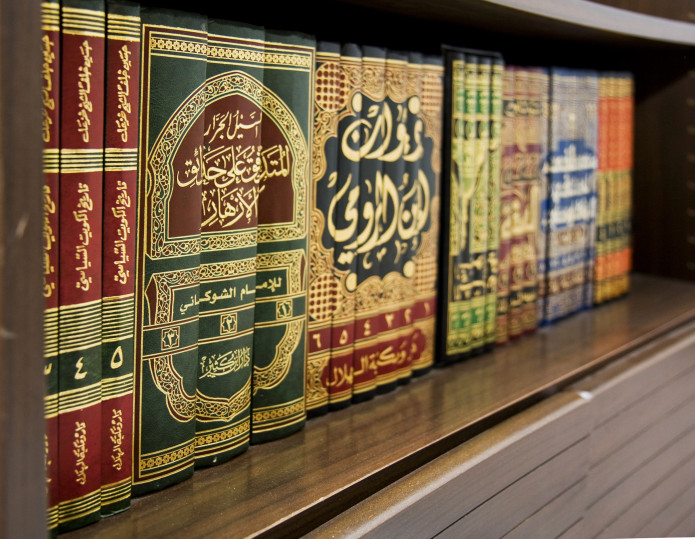Question:
What is the Shia view on the Sunni hadith compilation books such as ‘Sahih Bukhari’ and ‘Sahih Muslim’? What makes them ‘not Sahih’ (unauthentic) in the Shia view and how authentic are the hadiths within them considered?
Answer:
As you know, there are two major sources of information for Muslims. The first is the Holy Qur’an, on which all Muslims agree. The second is the Sunna, which includes the words, actions and confirmations of the Prophet (pbuh). Unfortunately, Muslims disagree greatly when it comes to the Sunna of the Prophet (pbuh). The Shia have their own books, while the Sunnis have other books and the narrations in the books differ greatly.
When we come to a narration about something the Prophet did or said, we need to analyse it to see whether it is true or not. One of the most important ways of analysing a narration is to look at the people who narrated it. The science of studying the life and trustworthiness of these narrators is called ‘ilmul rijal (narratological biography). Each narration has a chain of narrators, which begins at the Prophet (pbuh), then comes to his companion who lived at the same time as him and heard from the Prophet himself and then to the person he told that narration to and so on, until that narration reached one of our scholars who compiled it in one of the books of narrations which we still have today. When we want to know whether a narration is true or not, one of the best things we can do is to look at the names of all the people in the chain of narration and see what history says about them. Were they trustworthy and reliable narrators or not?
This is where the difference between the sects occurs. Each sect considers different people trustworthy and so differences occur.
The authors of Sunni Sihah (authentic books for Sunnis) have very often narrated from people who were known for their hatred and enmity for Ahlul-Bayt (a.s). Such people undoubtedly are sinners and their narrations should not be accepted. The following are only a few examples:
1. Abu-Horaira. He converted to Islam only about 20 months prior to the demise of the HolyProphet of Islam (p), yet, Sunnis have narrated over 5000 narrations from him, but only 58 narrations from Imam Ali (a.s) who had lived with the Prophet (P) from his childhood! Isn’t this strange?! Bukhari even narrated a Hadith from Abu-Horira that he has confessed it’s his fabrication! (Bukhari, vol.6 p.190, the Book of Nafaqat, chapter 1)
2. Umran Ibn Hattan: He was the head of al-Khawarij. His praising poem for Ibn Moljam who assassinated Imam Ali (P) is very famous. Yet, Bukhari very often narrated from him.
3. Umar Ibn Sa’d; the chief of the army of Yazid in Karbala.
4. Hariz Ibn Uthman: He would not leave the mosque after his prayers until he curses Imam Ali (a.s) 70 times! Ismaeil Ibn Ayyash narrated: “I accompanied Hariz from Egypt to Makkah. On the way he kept cursing Ali Ibn Abi-Tali (a.s). I said to him: How can you curse someone about whom the Prophet (P) has said: “You are to me as Aaron to Moses.” He (shamelessly) said: the narrator has misheard th eProphet. He had said: You are to me as Qaroon to Moses!!! Yet, Bukhari, Termethi, Nasaei and others have narrated from him.
The other major difference is that the Shia believe that there is no book of Hadith which is 100% authentic, and that all hadiths must be checked against the Qur’an and the established principles of Islam. In contrast, Sunnis believe that certain books, such as Sahih Bukhari and Sahih Muslim, are 100% correct and unquestionable. These books, however, obviously contain some Hadiths which go firmly against the principles of Islam and cannot be justified in any way, and therefore their claim is proven false through the content of the books themselves.
For more information, you can refer to Sheikh Mansour Leghaei’s course on the ‘Science of the Hadith’.
Answered by: Dr Ali Alsamail
Certified by: Sheikh Mansour Leghaei
Subscribe to our mailing list!



